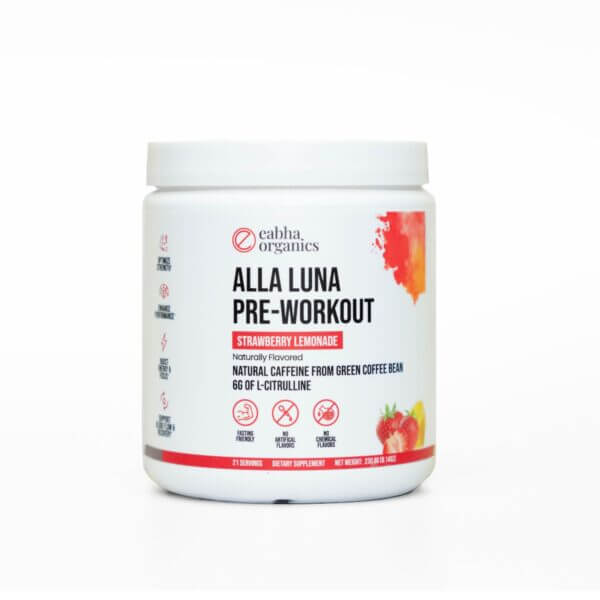Progesterone is a crucial hormone that plays a vital role in the reproductive system. Hormones like progesterone are responsible for sending chemical messages to your body, telling it how to work. In women, progesterone is responsible for supporting menstruation and maintaining the early stages of pregnancy. The primary function of progesterone is to prepare the endometrium, which is the lining of your uterus, for a fertilized egg to implant and grow. If pregnancy does not occur, the endometrium sheds during your menstrual period. However, if conception occurs, progesterone levels increase to support the pregnancy. Low levels of this important hormone can cause various problems in your body.
1. Irregular Menstrual Cycle
In order to produce this key female hormone, it is necessary to ovulate. Ovulation is a process in which an egg is released from the ovary, and it typically occurs in the middle of the menstrual cycle. If you are experiencing irregular periods, short menstrual cycles, or spotting between periods, it is possible that you are not ovulating regularly, which means that your body may not be producing optimal levels of progesterone. This can have an impact on your reproductive health and may make it more difficult to conceive. If you are concerned about your menstrual cycle or your ability to ovulate, it is a good idea to speak with your healthcare provider to discuss potential causes and treatment options.
2. Difficulty Conceiving
As we discussed having irregular menstrual cycles may be an indication of low progesterone levels in your body. This hormone is crucial for preparing the uterus for pregnancy and maintaining a healthy pregnancy. When your progesterone levels are low, it can lead to irregular ovulation, and if you are not ovulating, it can be difficult to conceive. This is because ovulation is necessary for the fertilization of an egg by a sperm and the subsequent formation of an embryo. Therefore, it is important to keep track of your menstrual cycle and consult with a healthcare professional if you notice any irregularities.
3. Mood Changes
Our body’s hormones are responsible for regulating many vital functions, including mood. In particular, progesterone, a hormone primarily produced by the ovaries, plays a crucial role in helping women regulate their mood and manage stress and anxiety. Low levels of this hormone can cause mood swings, depression, and anxiety, which can have a significant impact on a woman’s overall well-being. Understanding the role of progesterone and monitoring its levels can be an essential step in maintaining good mental and physical health.
4. Hot Flashes
During menopause, many women experience a sudden sensation of heat in their bodies, known as hot flashes. This can be accompanied by other symptoms such as night sweats, chills, and rapid heart rate. One of the most common causes of hot flashes is low levels of the hormone progesterone in the body. Progesterone plays an important role in regulating the menstrual cycle and maintaining pregnancy, but its levels decline during menopause, leading to various side effects including hot flashes.
5. Weight Gain
When our hormones are imbalanced, it can affect many of our delicate bodily functions. Low levels of progesterone can increase hunger. Conversely, weight gain can cause low levels of progesterone, which can further affect our mood and menstrual cycles.
Progesterone in Action
Progesterone is an important hormone that plays a vital role in maintaining female reproductive health. It is responsible for regulating the menstrual cycle and supporting a healthy pregnancy. However, sometimes, the body may not produce enough progesterone, leading to various symptoms like irregular periods, heavy bleeding, mood swings, and infertility. Therefore, it’s essential to understand the signs and symptoms of low progesterone levels and consult a healthcare provider to confirm the diagnosis through blood tests. Once diagnosed, your doctor can develop a personalized treatment plan to restore your hormonal balance and improve your reproductive health.










4 Responses